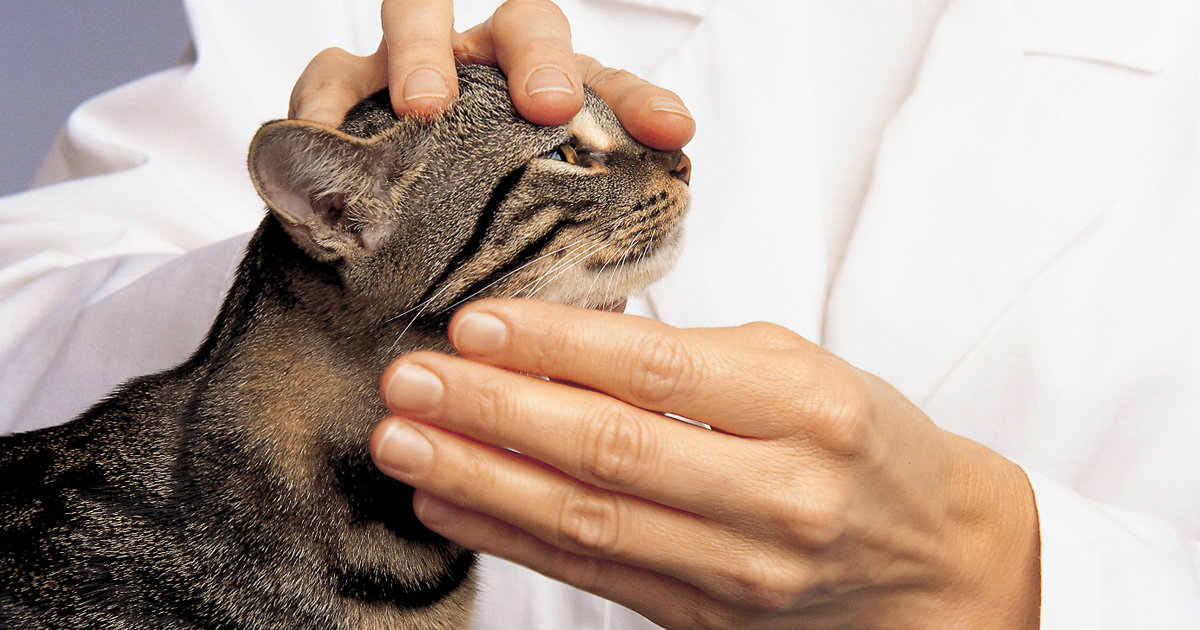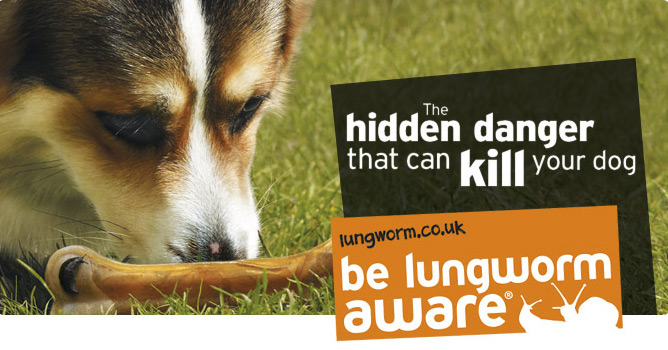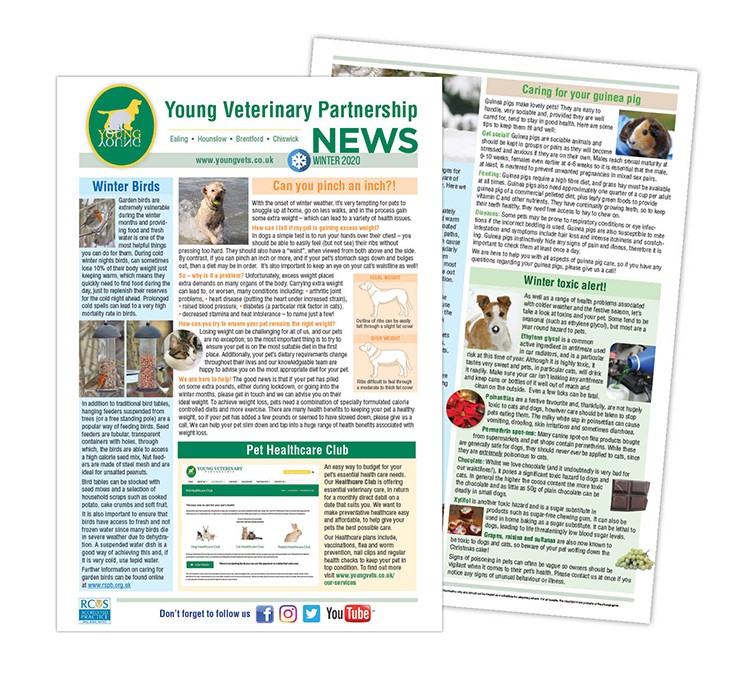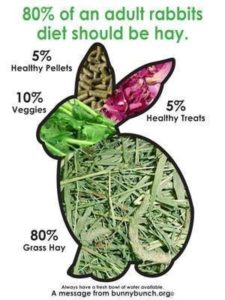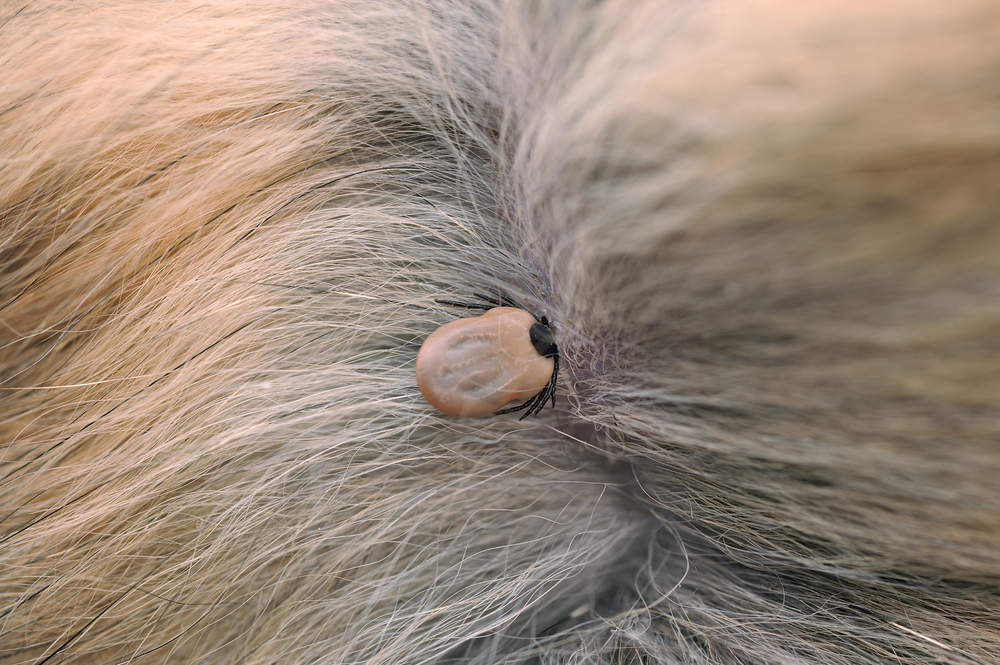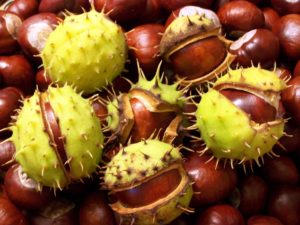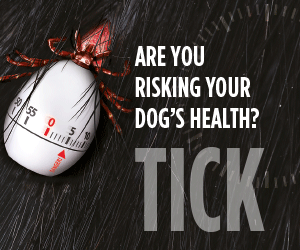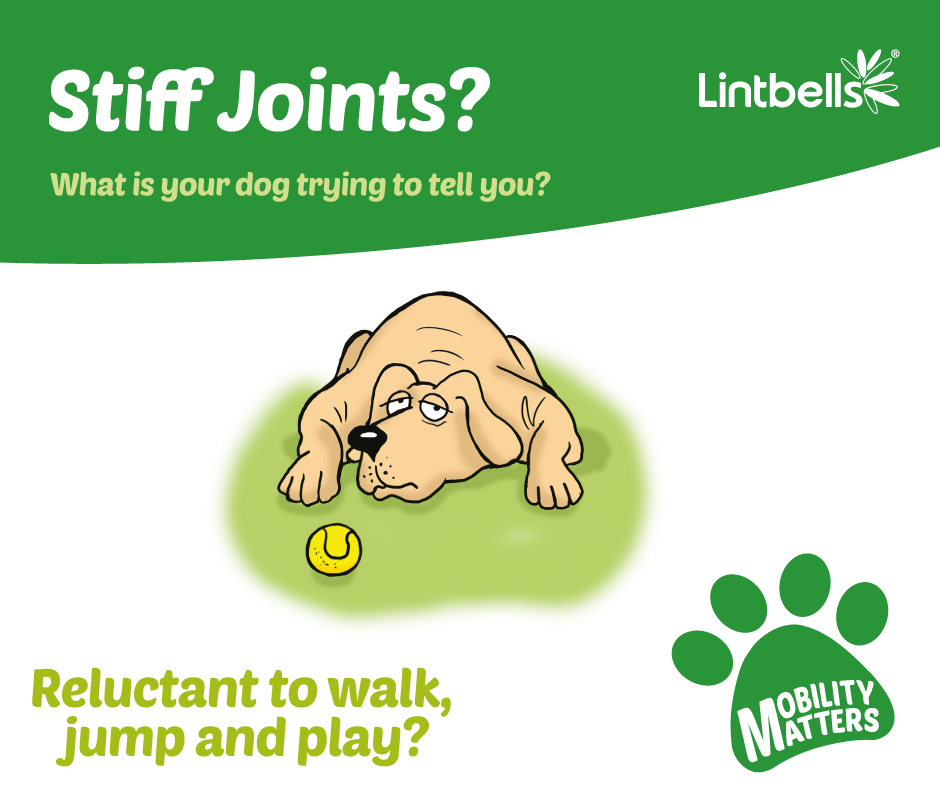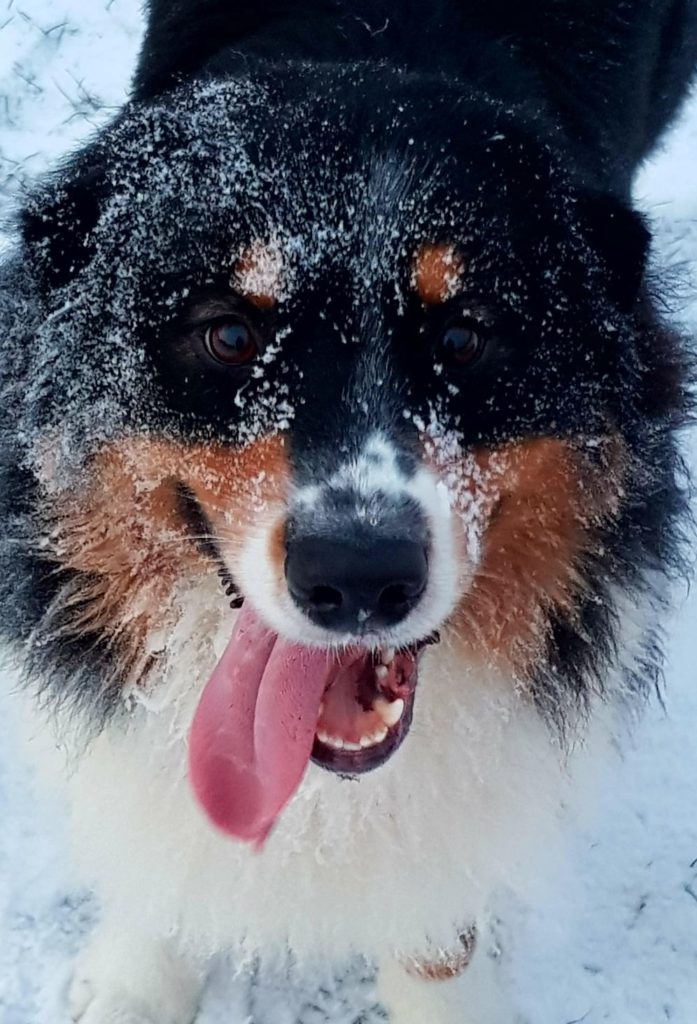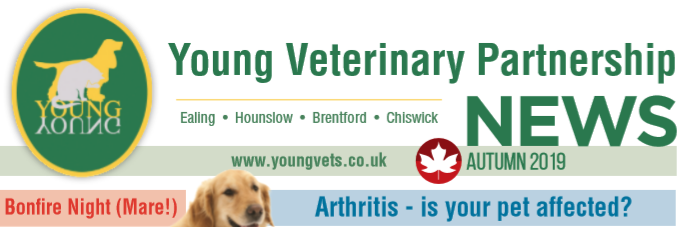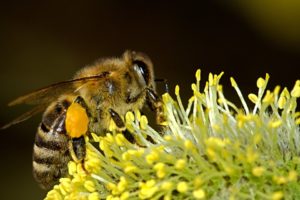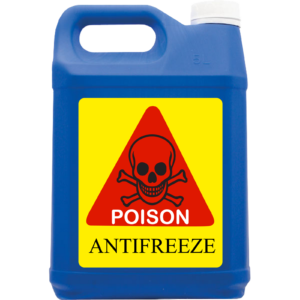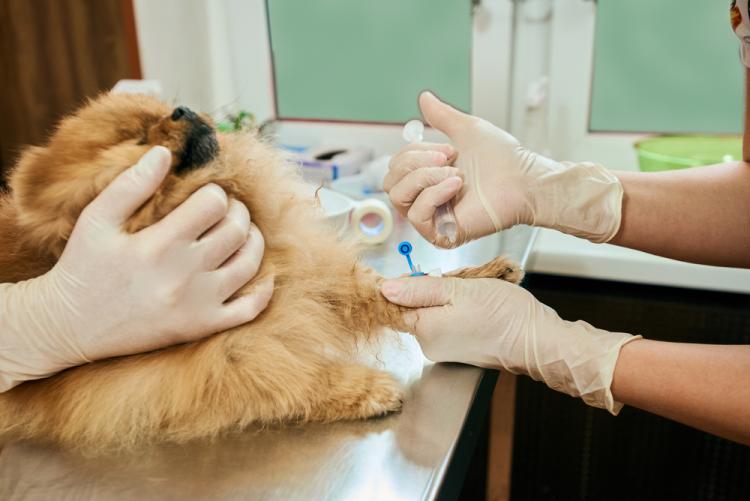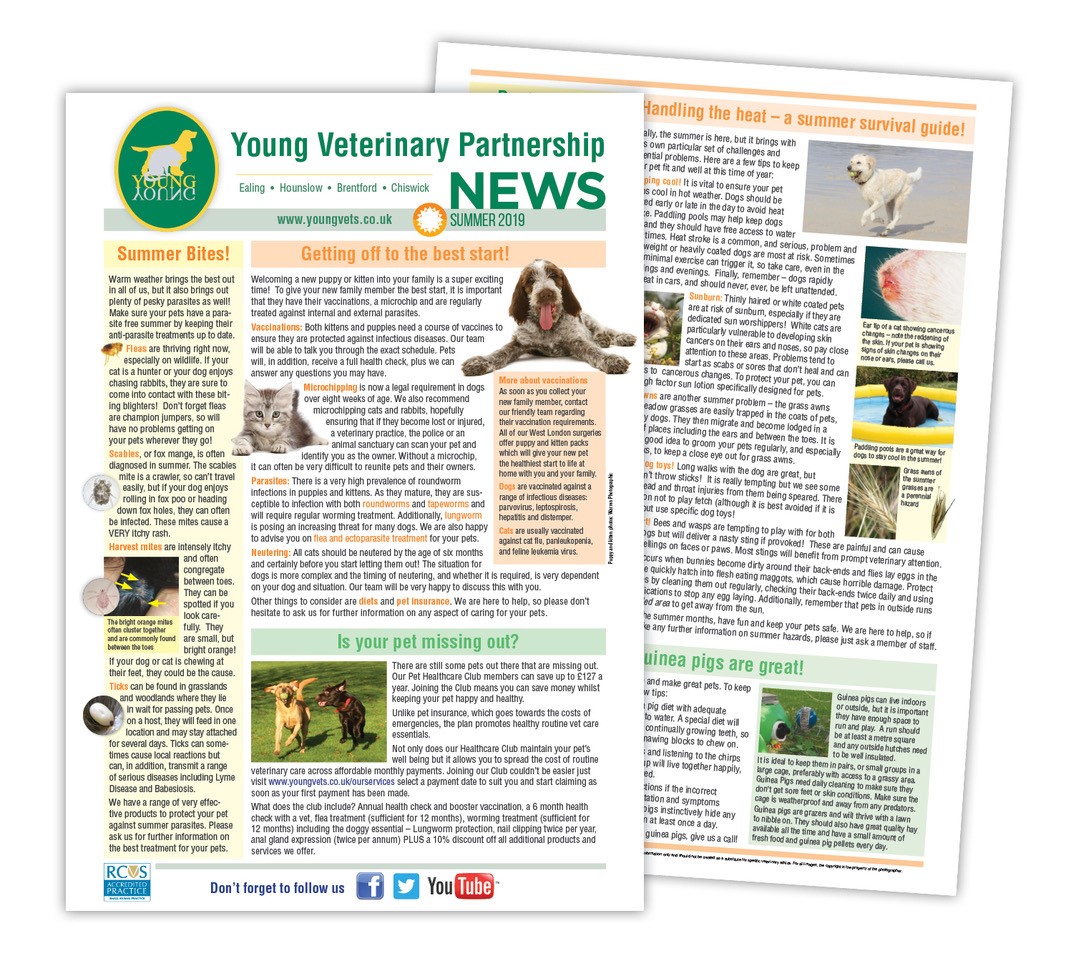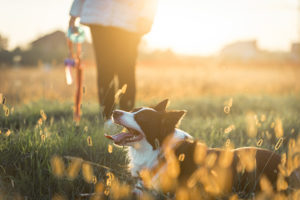Covid – 19 The Pandemic And Your Pet
Covid – 19 The Pandemic And Your Pet
Unfortunately due to the current pandemic, the socialising of a lot of young pets has been effected. Our Spring News Blog, discusses the issues that can raise from poor socialisation. When considering a new pet, its really important to understand what socialisation your pet has received from the rescue centre or breeder prior to coming home with you. Socialisation can have massive effects on your pets behaviour and personality later in life.

The warmer weather provides the perfect opportunity for parasites to climb on to your pet and into your home. Our Spring News Blog, discusses the potentially fatal parasite – Lungworm. It is easy to pick up this nasty parasite but even easier to prevent with appropriate parasite protection. The good news is that prevention is automatically included in our Pet Healthcare Club, why not join today and spread the cost of your dogs healthcare today.
Our Spring News Blog discusses how a healthy heart works. Whilst most of us take a healthy heart for granted, heart disease is nevertheless surprisingly common in both cats and dogs. Our Spring Blog also discusses the signs of heart disease to watch out for in your pet, the good news is both our Ealing and Hounslow surgeries have ultrasound facilities to offer your pet a heart scan should it be required to help diagnose an illness.
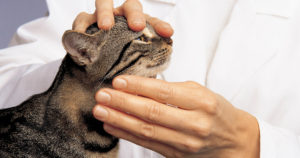
We hope you have enjoyed reading Our Spring News Blog, if you have a question on any of the articles mentioned please do not hesitate to discuss your concerns with one of our vets at your pets next appointment or contact us for more advice.
Are you and your pet new to the West London area? Why not register with a vet who is passionate about your pet. We have been treating pets from all over West London for over 50 years and we have a wide range of facilities to help you care for your pet.

